Sharmistha Mukherjee in New Delhi
Car makers are reaching out to consumers in rural centres as high lending rates slow urban demand.
Though overall passenger vehicle sales are down over the first eight months of the current financial year, sales from rural markets are up 10 per cent, encouraging automobile companies to strengthen their distribution in non-metro areas.
"Market conditions are extremely sluggish. High interest rates have dampened consumer sentiment. Entry-level buyers are deferring purchases," said Mayank Pareek, managing executive officer (marketing & sales) of market leader Maruti Suzuki India Ltd, while noting the contrast with sales in non-urban centres.
Most car companies are responding to this by opening regional sales centres or non-metro sales centres and touch points for specific products, non-posh outlets that keep one or two cars on display.
Hyundai Motor India Ltd, second largest seller after Maruti, set up 750 sale touch points to retail its new small car, the Eon. Tata Motors, which has 80 sale touch points for the Nano, in non-metro centres, is working on putting in place another 120 outlets by the end of the financial year.
...
Rural India: The next big market for car companies
Why in rural?
Analysts say rural demand is looking up due to rising income levels and low penetration of passenger vehicles. "There has been a hike in the minimum support price (for produce). Moreover, most districts have seen above-average rainfall," said Abdul Majeed, partner in PricewaterhouseCoopers in charge of the automobile practice.
"Both central and state governments have been pushing a lot of housing schemes in these areas. The rising income levels have boosted confidence among consumers in rural areas."
Though India is the world's second-fastest growing car market after China, passenger vehicle ownership here is among the lowest in the world, at 12 vehicles for every 1,000 people.
...
Rural India: The next big market for car companies
Photographs: Aly Song/Reuters
While nearly a third of people living in metros own personal transport, the penetration in rural areas is half, at 15 per cent. This has led industry observers to believe a major proportion of growth would come from these areas.
"Tier II, III and IV cities are increasingly becoming significant. As many as 60 cities in India will have a population of over a million people by 2020. Our strategy from dealer, distribution, sales and service perspective is to grow aggressively there," said Michael Boneham, president and managing director of Ford India, subsidiary of Ford Motor Company, USA.
Ford India sells four models, with the Figo proving a game-changer for it last year. As much as 60 per cent of Figo sales come from semi-urban areas.
...
Rural India: The next big market for car companies
Photographs: Punit Paranjpe/Reuters
Strategy
Car makers now have sharply defined strategies for selling in rural and semi-urban locations. Hyundai, which has taken Maruti head-on with the Eon, asked its dealers to identify five probable semi-urban and rural sites for selling the 800cc car around their outlets.
The company set up three kinds of touch points at these locations. At some places, it engaged salespersons with mobile vans to offer demonstrations and test drives.
At other places, Hyundai either put up small sales branches which could display up to two cars or two-way sales and service workshops.
...
Rural India: The next big market for car companies
"Five years back, non-metro markets used to account for 18-19 per cent of our sales. It has now increased to 30 per cent," said Arvind Saxena, director (marketing and sales) of Hyundai. Half of Hyundai's 340 dealers are located in non-metro areas. Over the next few years the company intends to grow its presence in such regions by 25 per cent annually.
The expansion drive is more aggressive at Toyota Kirloskar Motor, where one of every two dealerships added has been planned in regional centres. Toyota made its debut in the small car segment in the past year with the Etios and the Liva.
"Our regional sales outlets are selling 65-70 vehicles every month. These places now account for around 40 per cent of overall sales for us, and have the potential to grow by an added 10 per cent over the next two years," said Sandeep Singh, deputy managing director.
...
Rural India: The next big market for car companies
Photographs: Amit Dave/Reuters
Maruti, GM
Market leader Maruti is also keen on rural markets. While overall volume in the domestic market declined 16.9 per cent between April and November this year, volumes in rural areas grew nine per cent.
Today, sales from non-metro centres account for a little over a quarter of volumes for the company, as compared to the earlier 22 per cent.
Maruti Suzuki has 900-odd sale touch points located beyond the top 10 cities. It plans sale centres in all towns with a population of over 50,000 people by 2015.
...
Rural India: The next big market for car companies
Photographs: Reuters
"There are 650,000 villages in India. The opportunities to grow in regional centres are immense. We will double our dealership network to 2,000 centres over the next four years, and the expansion will happen more rapidly in rural areas," said Pareek of Maruti.
So are others. General Motors' India unit, which sells the Beat and Spark in the small car segment, is focused on the rural market. All the 41 dealerships the company will add to the existing 259 outlets will be in rural areas, said P Balendran, vice-president, GM India.
"At present, 60 per cent of our sales come from rural areas. While nationally we have around four per cent market share, our sales proportion in regional centres is very good. In Trivandrum, for instance, we account for 22 per cent of sales, while in Port Blair, our share is as high as 38 per cent," said Karl Slym, GM India's president and managing director.

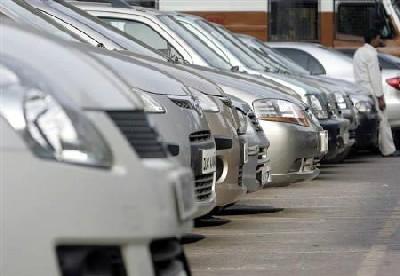
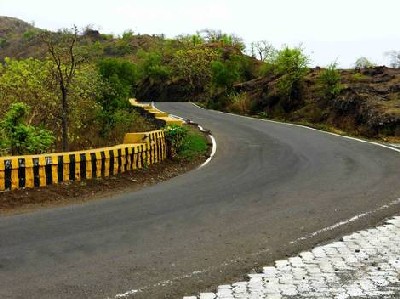
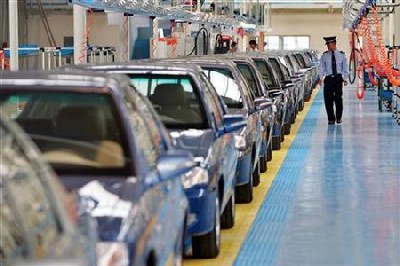
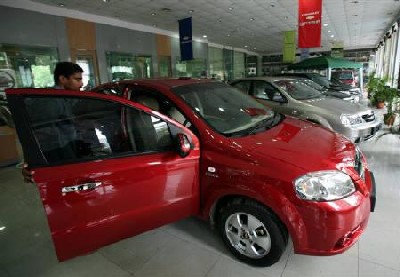
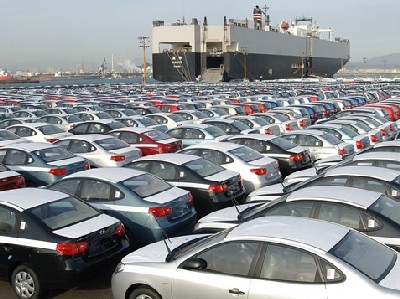
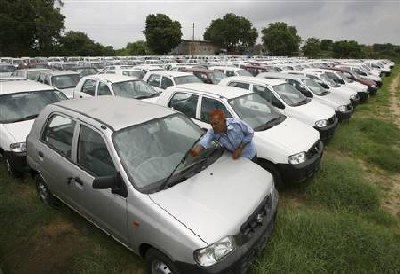
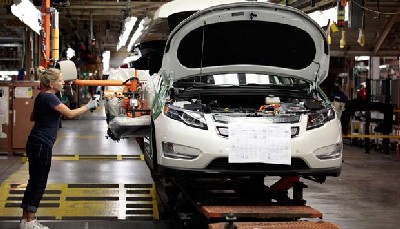

article